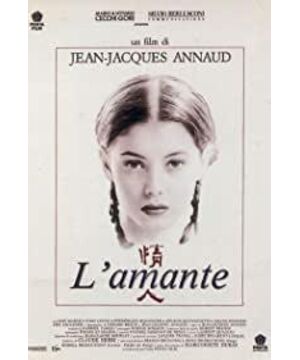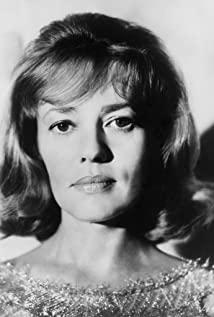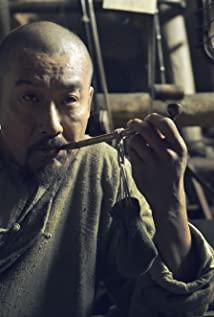Every time I watch "The Lover" again, it's a slow and difficult journey. Duras's stern description like a scalpel pierced the nerves of ease. Her hopeless helplessness and sadness are wrapped in incomprehensible vastness, like the turbulent flow of the ferocious Mekong River, which flows extremely fast and pours like a stream. For a time, the heartache didn't know where it started and where it ended. Watching Jean-Jacques Arnault's adaptation is actually more like a memory, confirmation, and the infinite desolation of looking back on the past through the director's lens.
The movie still begins with the narration of the original book.
"I was already old when I was eighteen", the vicissitudes of the past and the powerlessness of the passing of the years, told through the black and white paper and ink. Everything is a flashback, like a dream bubble, but everything has really existed. Looking back on the past gesture is always so charming with nostalgia, love looking at the mist of dawn in the halo of dusk, no matter what jokes are plated with memories, people are quietly shocked. Pain urges people to grow old, old, desperate words, and what words can express all the plundered, "finished" life situations that cannot be pursued. So Duras' sentence "I'm old" is shocking.
The story takes place in Saigon, a French colony in the Mekong Delta, a city that exudes charm and romance in itself. The cobalt blue sky, the misty and estranged river fog, and the plain and clean scenery on both sides of the strait are very clear. The quietly flowing Mekong River floats with years of dead branches and leaves, and the undercurrent is turbulent. This quiet and desolate scene outlines the mournful and mournful elegy of love outside the heart.
The great river, the place where human beings live, as a symbol of motherhood, breeds countless joys and sorrows. The flowing water of the blood, or the silent or the agitated torrent, hides everything, and makes everything never stop. In Duras' original work, he mentioned the turbulent Mekong River more than once, the unfathomable dizzying water light, silently staring at all the helplessness and pain in the world.
This is a deviant and sinful love, and since its inception, it has been marked with a lingering tragic ending, and it is as omnipresent as death. A French girl less than 16 years old meets a wealthy northern Chinese man, a white man and a yellow-skinned Chinese can't help it. In an era when the words of colonization, war, and race are extremely sensitive, these identities themselves have symbols. The meaning is self-explanatory.
The struggle of the individual against the external world is always full of tragedy. In fact, the roles of ordinary individuals in history are just some symbolic names. Wherever the torrent of history comes, everything will be swept away, leaving no branches and leaves.
The precious thing about "The Lover" is that it saves this "individual in history" and restores the fragmented fate. In the destroyed moral building, new construction inevitably begins, and "I" keeps denying self, but the act of narrating itself is shaping the new self-moral unity. The film is full of complicated contradictions. When we are constantly concerned about the concepts of age, family, race, country, etc., the love that sacrifices life and death becomes an even more precious "historical relic". The so-called liberation is nothing but love.
Some people say that in front of the lonely heart and magnified lust, it is the silent condensed choking of the desolate dust. It is very well said. The long shot at the end is dignified like a stroke that has been pulled down at the end of the cursive script.
The Mekong River took away the dead branches and leaves, and the strong wind carried away a love song. Destined to be lovers, can not be together; destined to be lovers, can not be forgotten.
View more about The Lover reviews











